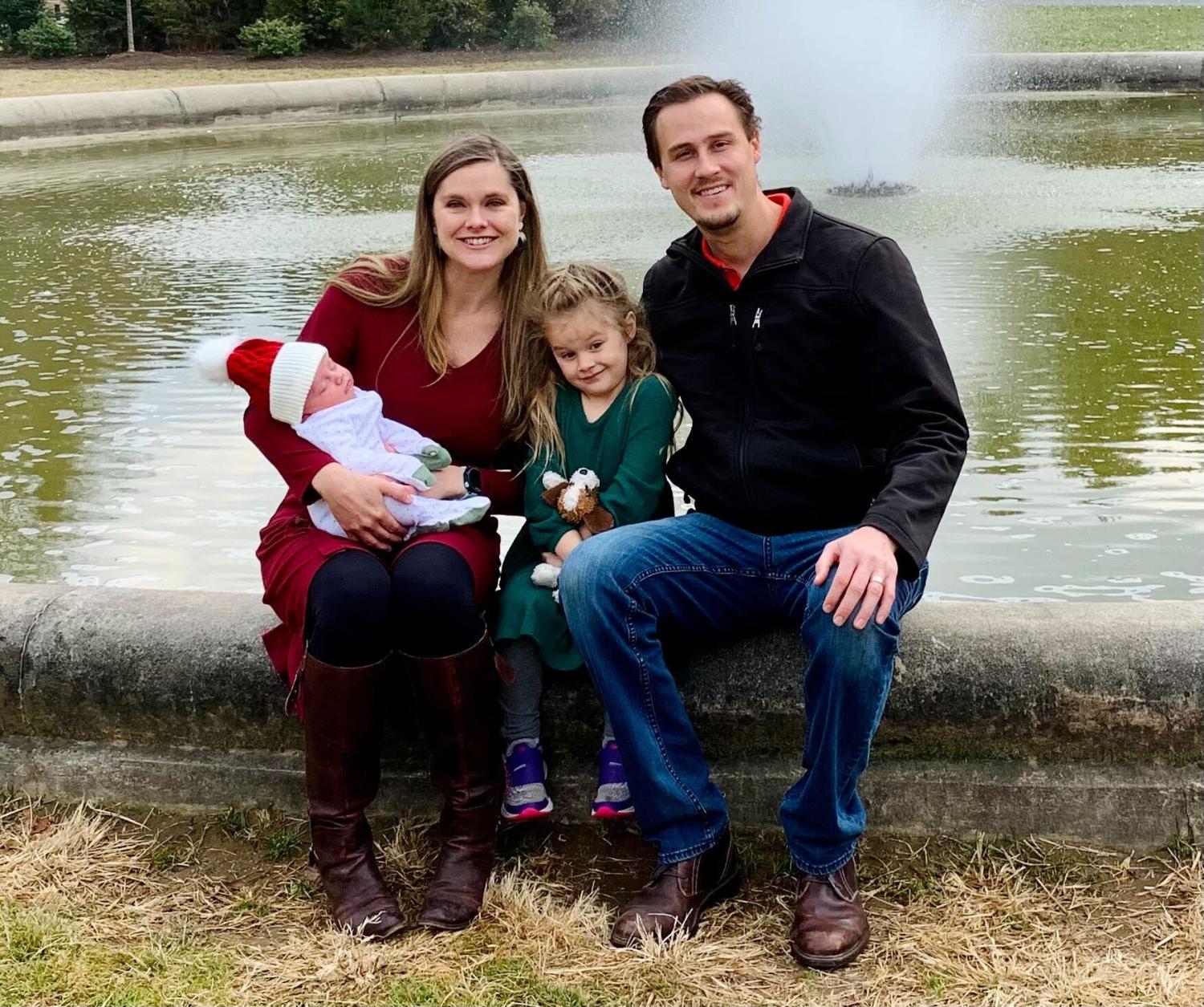Justin Goff
With a background in programming and data analytics, current Coursera student Justin Goff found himself wanting to learn more. He began looking into different programs, and was drawn to the CU MS-DS on Coursera program because not only would his company cover the majority of the cost, but the flexibility of the program allows him to balance work, his family, and getting his degree. Below, he shares insights into his experience and advice for prospective students.
When did you first enroll in the MS-DS program on the Coursera platform?
I first enrolled on 08/22/2022 for the Fall 1 session this year. I am taking the computer science pathway. I am currently in the Fall 2 session, taking the second course, Trees and Graphs.
Can you tell us about your educational and work experience background before you enrolled in this program?
I graduated from Appalachian State University in 2007 with dual BSBA degrees in Business Management & Computer Information Systems. Since then, I have owned and operated two different businesses for over ten years, worked at Lowes Corporate as a programmer, and am currently at Aeroflow Healthcare as a Senior eCommerce Solutions Architect and Senior Data Scientist.
What initially drew you to this program?
Throughout the last 15 years of experience, I have often found myself heavily involved with various Data Analytics, Engineering, and Architect related tasks. This all came to a head while I was architecting and coding for a massive data migration at Aeroflow Healthcare a few years ago. It was so successful that Aeroflow promoted me to focus more exclusively on Data Science related Architecture and coding projects at Aeroflow.
However, it quickly became apparent how much I needed to learn. While there are many areas of data science I have a lot of experience with, there are many other areas I have little to no experience.
I initially looked to remedy this with select certificate courses on Coursera. However, as my interest in learning more subjects grew, I estimated that the list I organized for myself would take 3 to 4 years. At this point, I wondered if an official Master's in Data Science would cover the same areas for a similar period. In most programs I looked into, I found that was the case.
The more I researched the master's programs, the more I felt that it would be a more significant benefit to get official graduate credit for my courses instead of stacking a long list of certificates that don't carry as much official weight. I narrowed my search to the MADS program at the University of Michigan and the MS-DS program at CU Boulder. The more manageable cost and elective flexibility of the MS-DS at CU Boulder were the catalysts that made me ultimately choose it. I am interested in learning more about the Data Engineer, Architect, and Machine Learning side of the field. So I loved that there were so many options to specialize in these areas with core and elective classes. I took the recommendation to take some Python and Math refresher prerequisites courses before starting. I did those courses for about six months on Coursera, then started the MS-DS program officially during the Fall 1 session this year, 2022.
Can you tell me how the MS-DS on Coursera program fits into your life?
In a nutshell, the flexibility, affordability, and organization are my favorite parts of the program. I love how easy and manageable it is to mold the experience to my busy schedule. While at the same time, it's challenging enough to push me to learn effectively. The way the courses are organized, where you can accomplish daily bite-sized goals, helps with motivation and the ability to stay on track. Adding this extra work to my already busy schedule is hard, but not having to worry about the overall direction of my learning like I would if self-taught is enormously helpful. I am interested in learning more about the Data Engineer, Architect, and Machine Learning side of the field. So I loved that there were so many options to specialize in these areas with core and elective classes. Finally, the total degree cost of 20k was reasonable. It will likely take me about four years to complete, and my employer has agreed to pay up to 5k a year, which would cover almost the whole degree.
Is there a specific project you have worked on that stands out to you?
I have a love-hate relationship with the end-of-week python assignments. In many cases, they have been very hard for me and have taken me longer than I would like. However, this extra pressure helps me retain the information and learn different ways to solve problems that will help me later in my degree and career. This pressure reminds me of how it is at my job and past jobs. The pressure is often where you learn the most and grow. No pain, no gain, as they say!
What do you hope to do with your MS-DS degree?
I hope to fill in the gaps in data science knowledge I cannot get in my daily work. Data Science is a large field, and it's impossible to work in all areas. This degree will help me be fresh and exposed to those topics I lack exposure to at work.
Would you recommend this program to others?
Yes!
What’s one tip you have for students who are starting this program?
If you think you need the prerequisite courses, then you probably do. Don't rush things. You can take your time with the prerequisite refreshers before starting. It will pay off in the long run!


